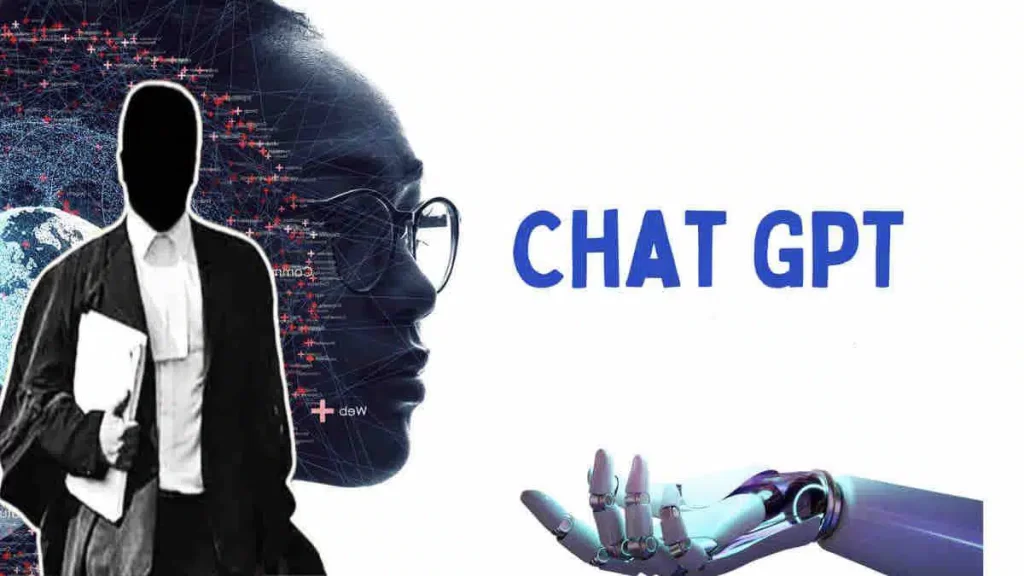Jahanvi Agarwal
Costa Rican lawmakers made use of the AI chatbot ChatGPT to create a new legislation so that they could concentrate on the need for artificial intelligence regulation. The chatbot was instructed by the members of Congress to “think like a lawyer” and draught a bill following the Constitution. They then submitted to the lawmakers the final document in its entirety.
Congresswoman Vanessa’s introduction of the bill stated that:
“We have had many positive reactions and many people who thought it to be very risky.”
ChatGPT suggested that Costa Rica establish a body to control AI systems, guided by the values of accountability, explainability, bias prevention, and human rights protection.
The said bill was introduced in May but is currently the subject of open discussion before it is sent to the parliamentary commission for revisions and more discussion in Congress. Congresswoman discovered that artificial intelligence is merely another tool for legislation that still requires human intervention, according to Castro.
Johana Obando, a congresswoman, highlighted that while she approved the bill, she opposed the bill because ChatGPT merely fabricates data and constitutional provisions. Her biggest criticism, though, was that the law was only a “list of good wishes” with no substance. According to ChatGPT, “We should regulate based on fundamental rights and international conventions,” Obando added. “But what are those rights and conventions? The bill does not mention them.”
Last year, Costa Rica became the 9th nation in Latin America to debate or pass legislation governing Al. Lawmakers in Latin America have been fighting for legislation patterned by the Al Act of the European Union, which would prohibit the technology’s use for biometric monitoring and make it explicit what information is produced using Al.
A bill that was submitted in Mexico in March urged the establishment of an ethical framework for the use of Al that is based on the protection of personal information and human rights. The first Al-regulation law in the area was enacted by Peru in June, and it now only needs the President’s signature to become operative.
Based on the values of digital security and ethics, the law appoints a national authority to oversee the growth of Al. Three measures are currently before Brazil’s Congress and there has been a heated discussion regarding Al regulation in that country for the past four years. The Senate obstructed the one Al legal framework, which was passed by the House of Representatives in 2021.

